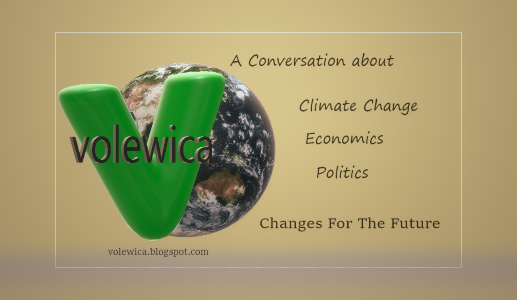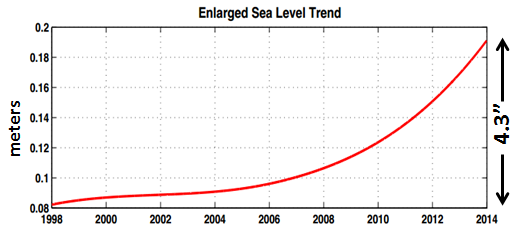From Mr Morrison's maiden speech:
Growing up in a Christian home, I made a commitment to my faith at an early age and have been greatly assisted by the pastoral work of many dedicated church leaders, in particular the Reverend Ray Green and pastors Brian Houston and Leigh Coleman. My personal faith in Jesus Christ is not a political agenda. As Lincoln said, our task is not to claim whether God is on our side but to pray earnestly that we are on His. For me, faith is personal, but the implications are social—as personal and social responsibility are at the heart of the Christian message. In recent times it has become fashionable to negatively stereotype those who profess their Christian faith in public life as ‘extreme’ and to suggest that such faith has no place in the political debate of this country. This presents a significant challenge for those of us, like my colleague, who seek to follow the example of William Wilberforce or Desmond Tutu, to name just two. These leaders stood for the immutable truths and principles of the Christian faith. They transformed their nations and, indeed, the world in the process. More importantly, by following the convictions of their faith, they established and reinforced the principles of our liberal democracy upon which our own nation is built.
Australia is not a secular country—it is a free country. This is a nation where you have the freedom to follow any belief system you choose. Secularism is just one. It has no greater claim than any other on our society. As US Senator Joe Lieberman said, the Constitution guarantees freedom of religion, not from religion. I believe the same is true in this country.
So what values do I derive from my faith? My answer comes from Jeremiah, chapter 9:24:
... I am the Lord who exercises loving-kindness, justice and righteousness on earth; for I delight in these things, declares the Lord.
From my faith I derive the values of loving-kindness, justice and righteousness, to act with compassion and kindness, acknowledging our common humanity and to consider the welfare of others; to fight for a fair go for everyone to fulfil their human potential and to remove whatever unjust obstacles stand in their way, including diminishing their personal responsibility for their own wellbeing; and to do what is right, to respect the rule of law, the sanctity of human life and the moral integrity of marriage and the family. We must recognise an unchanging and absolute standard of what is good and what is evil. Desmond Tutu put it this way:
... we expect Christians ... to be those who stand up for the truth, to stand up for justice, to stand on the side of the poor and the hungry, the homeless and the naked, and when that happens, then Christians will be trustworthy believable witnesses.
These are my principles.















.png)

